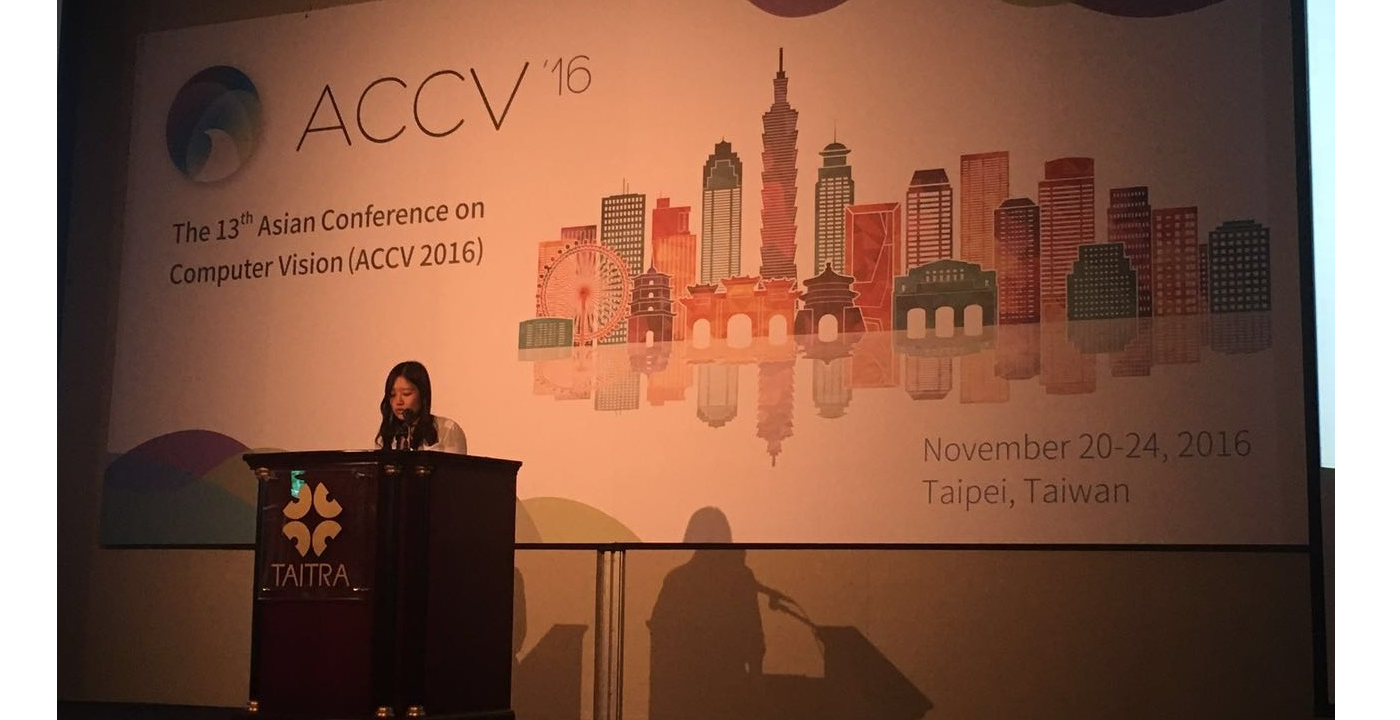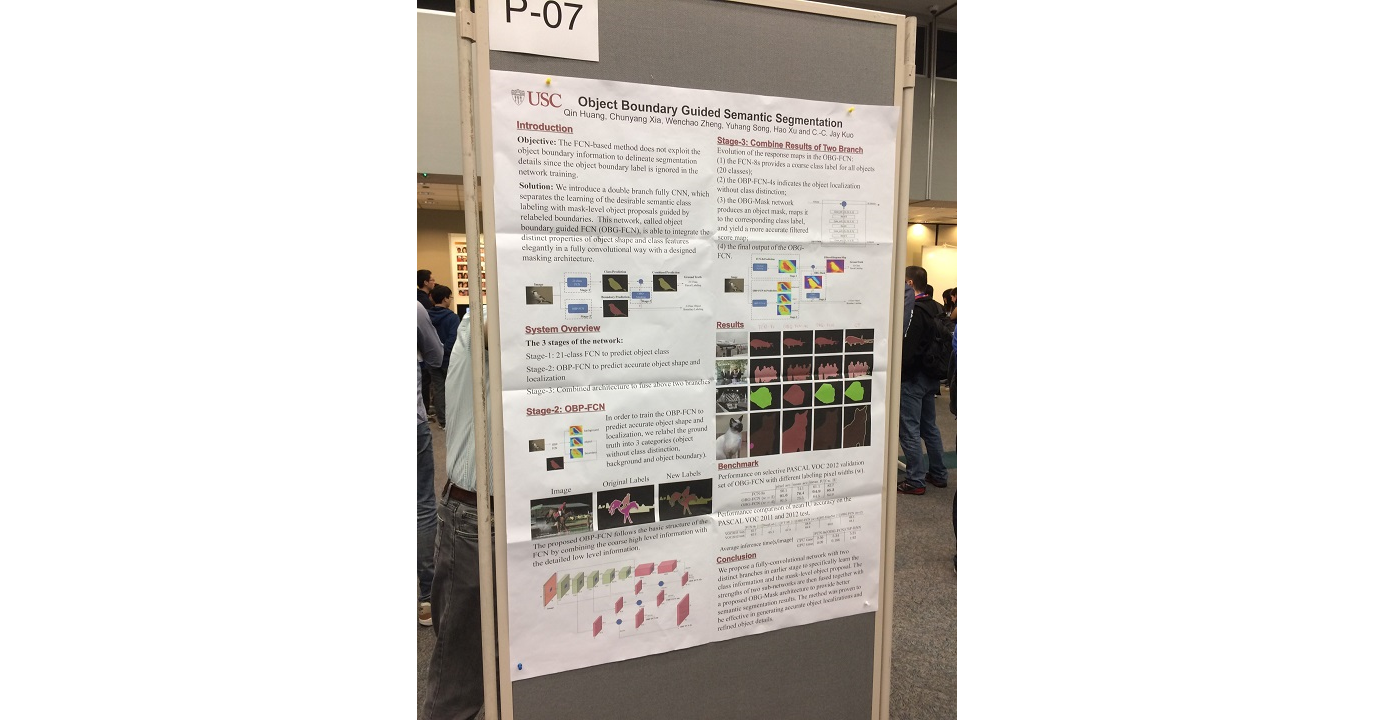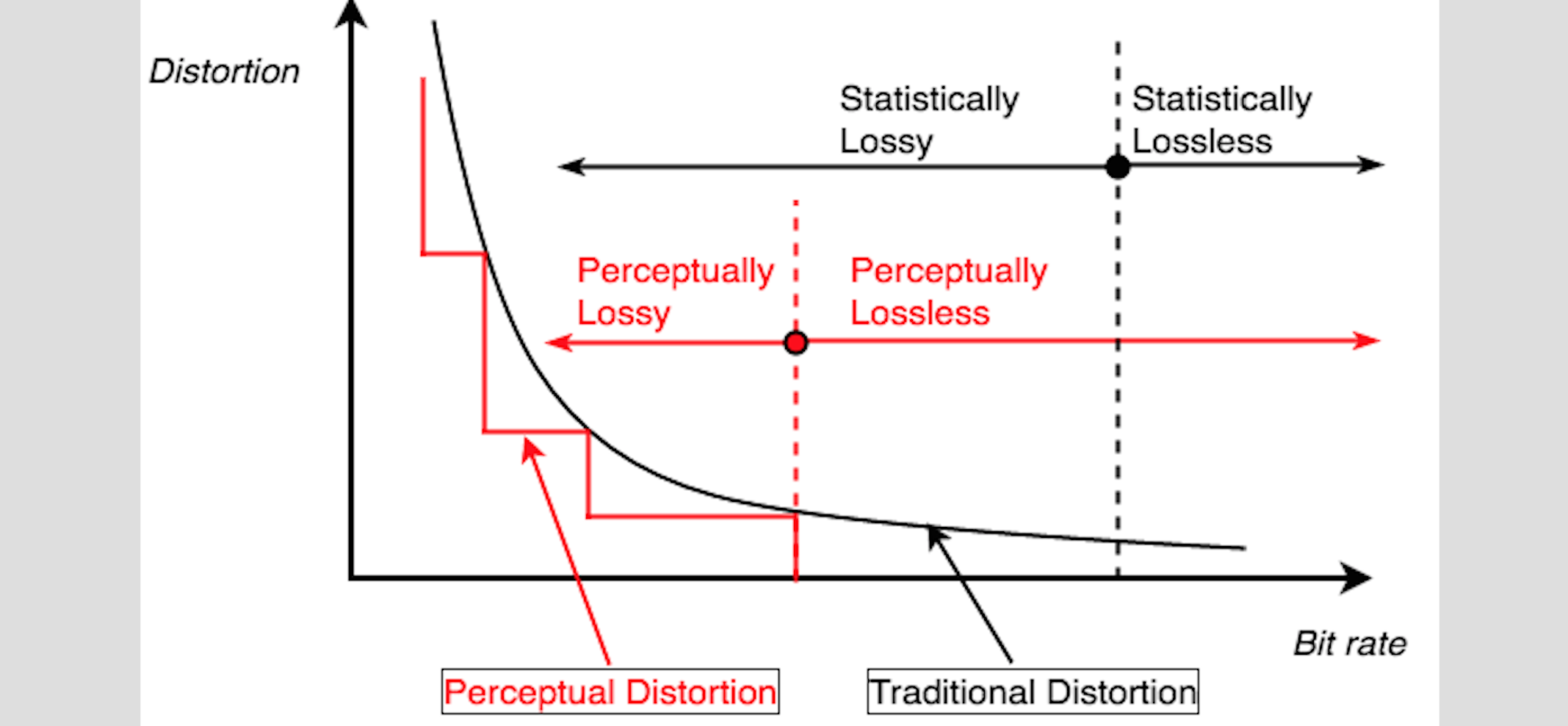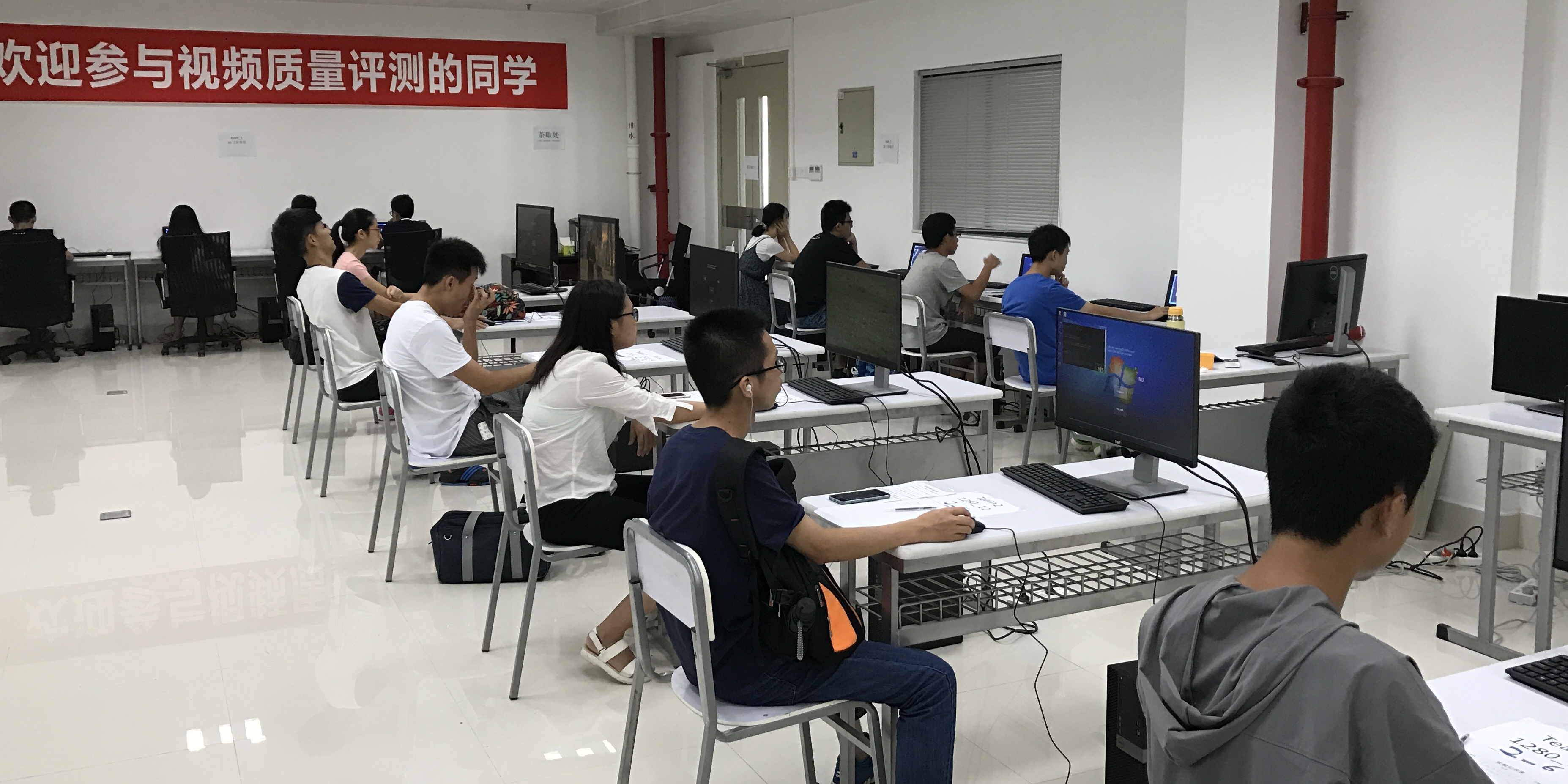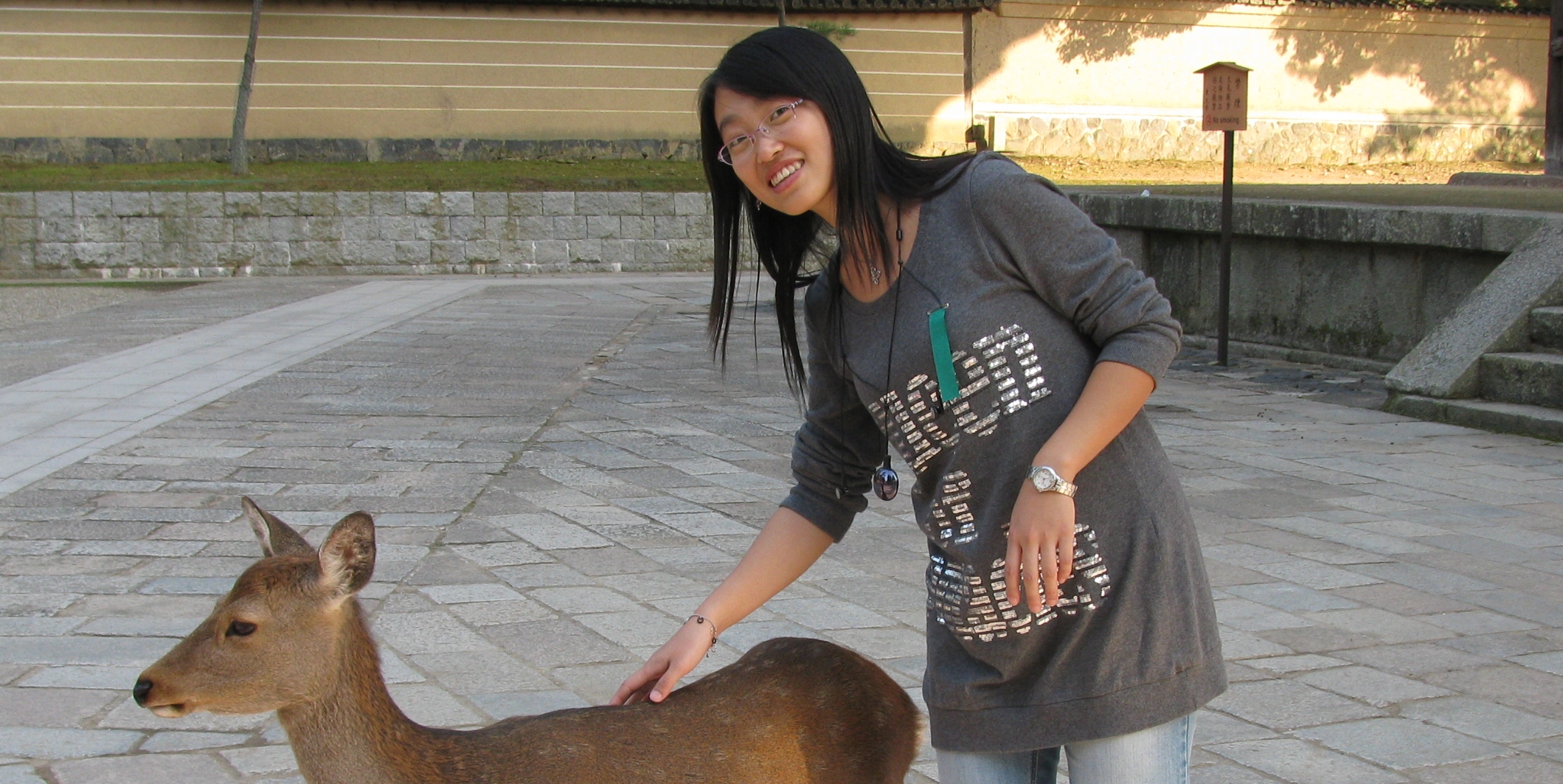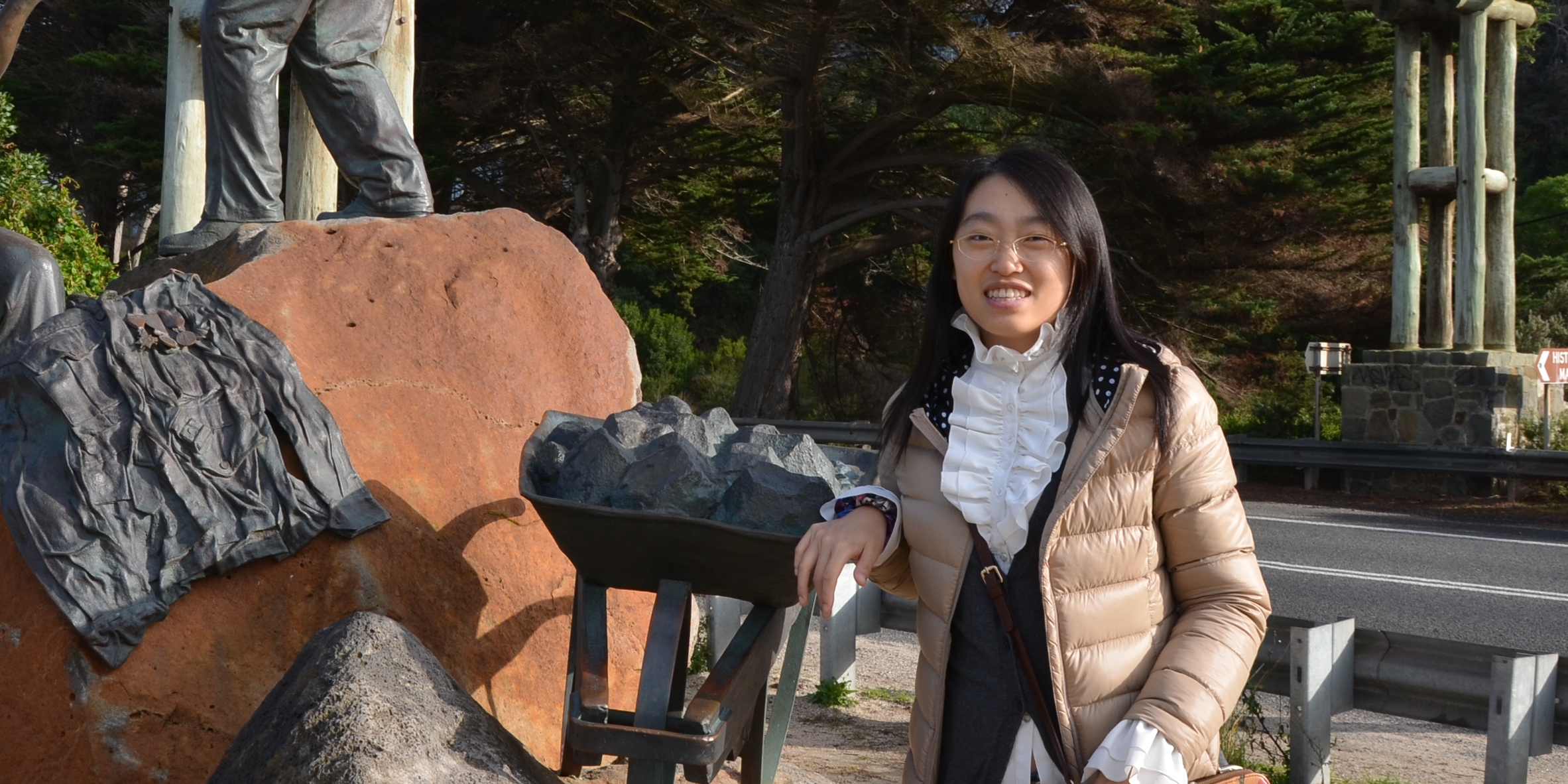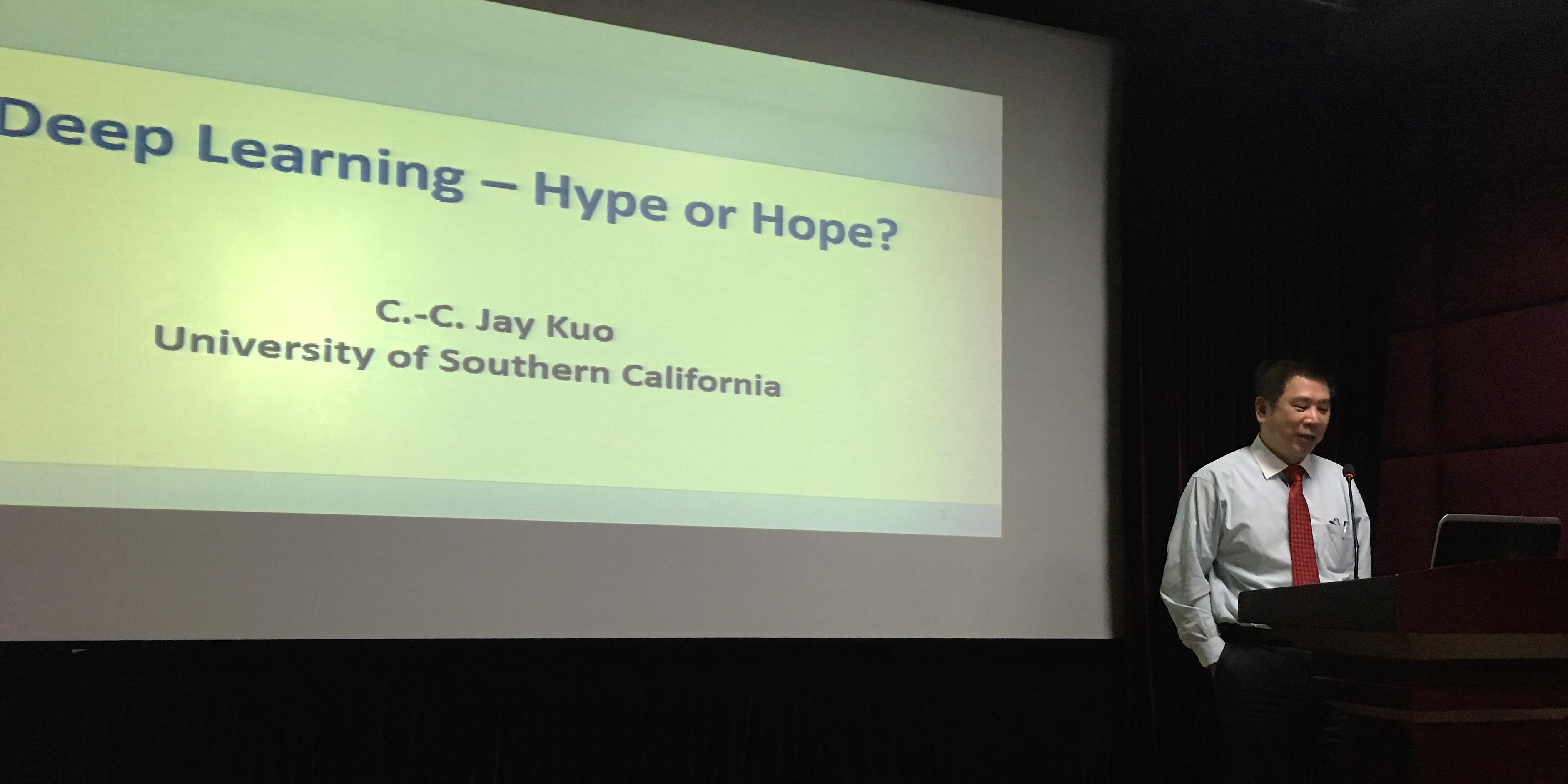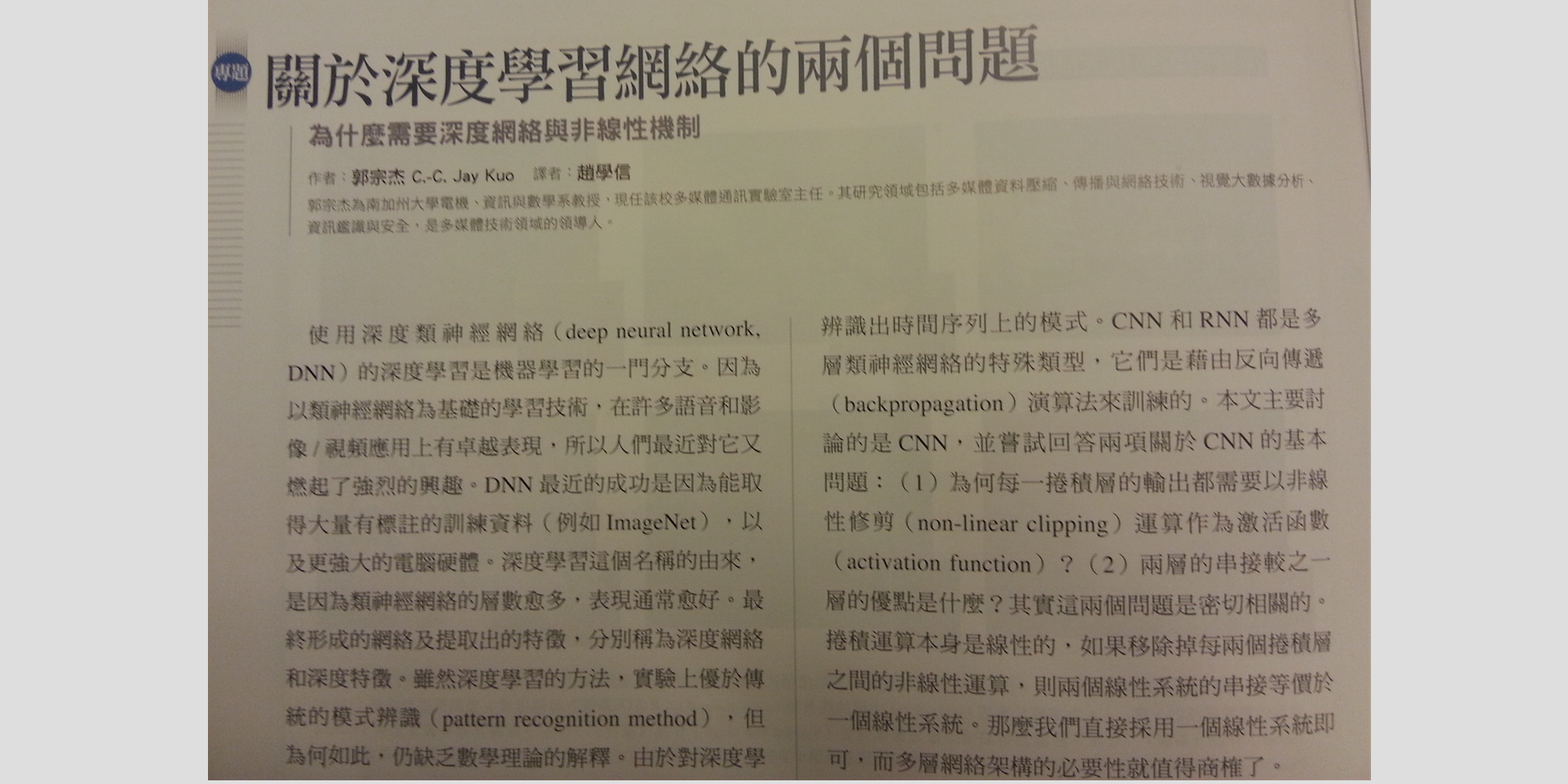MCL Members Presented Papers at ACCV 2016
MCL members, Yuzhuo Ren and Wenchao Zheng presented their papers at Asian Conference on Computer Vision (ACCV) 2016.
Yuzhuo’s presented paper is entitled “a coarse-to-fine indoor layout estimation (CFILE) method”. Here is an abstract of the paper:
Existing solutions to indoor layout estimation problem largely rely on hand-craft features and vanishing lines, and they often fail in highly cluttered indoor rooms. The proposed coarse-to-fine indoor layout estimation (CFILE) method consists of two stages: 1) coarse layout estimation; and 2) fine layout localization. In the first stage, we adopt a fully convolutional neural network (FCN) to obtain a coarse-scale room layout estimate that is close to the ground truth globally. The proposed FCN considers combines the layout contour property and the surface property so as to provide a robust estimate in the presence of cluttered objects. In the second stage, we formulate an optimization framework that enforces several constraints such as layout contour straightness, surface smoothness and geometric constraints for layout detail refinement. Our proposed system offers the state-of-the-art performance on two commonly used benchmark datasets.
Wenchao’s paper is entitled “Object Boundary Guided Semantic Segmentation”. Here is a brief summary of the paper:
Recent development in fully-convolutional neural network (FCN) has enabled accurate pixel-level in semantic segmentation. However, segmentation details are lost since the object boundary information is not exploited. Our proposed object boundary guided FCN (OBG-FCN) is able to integrate the distinct properties of object shape and class features elegantly in a fully convolutional way with a designed masking architecture. We show that the end-to-end trainable OBG-FCN system offers great improvement in optimizing the target semantic segmentation quality.
Congratulations to Yuzhuo and Wenchao for their quality research work!

